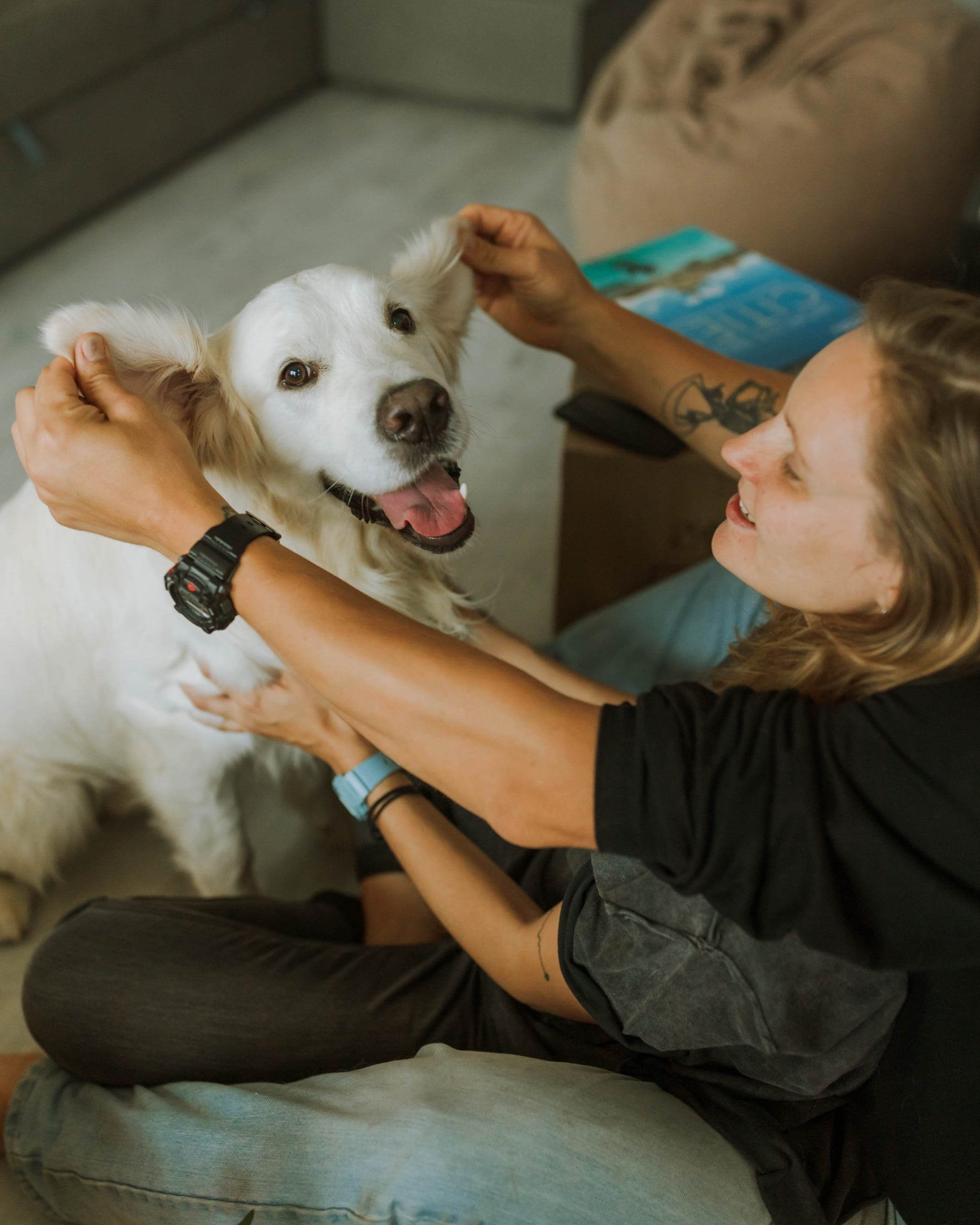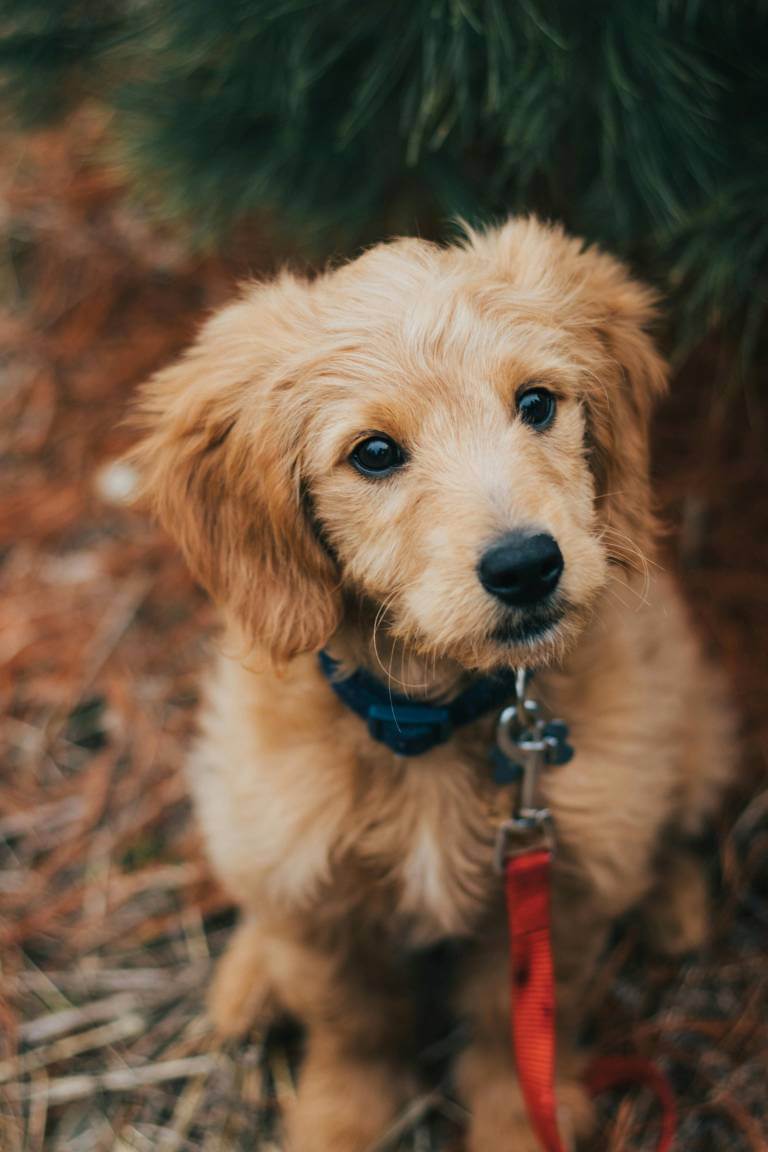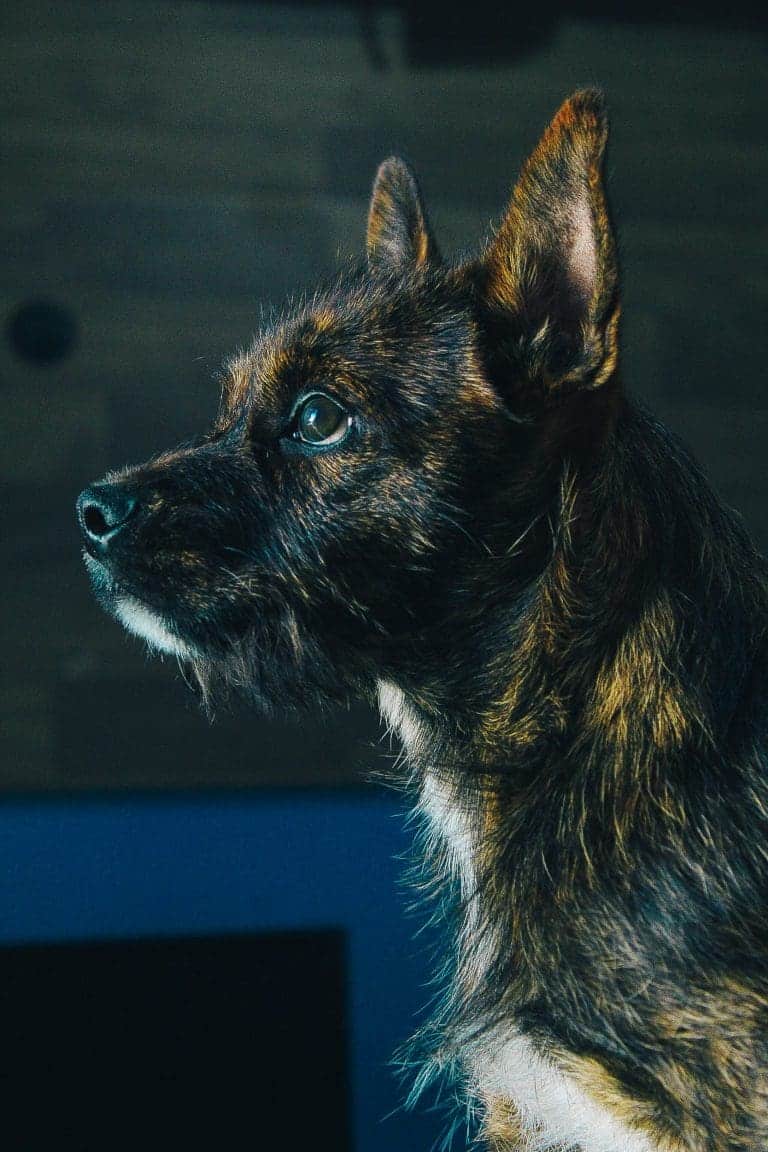My Dog Survived Parvo Now What?
Post Date:
December 10, 2024
(Date Last Modified: December 10, 2024)
Seeing your dog battle parvovirus is a heart-wrenching experience for any pet owner. The relief of their survival often comes hand in hand with uncertainty about the next steps. It’s essential to provide the right support as your dog recovers and to ensure they regain their health and happiness.
Understanding Parvovirus
Parvovirus primarily targets puppies but can affect unvaccinated dogs of any age. This highly contagious disease can lead to severe gastrointestinal issues, including vomiting, diarrhea, lethargy, and dehydration. If your dog has successfully overcome this illness, it speaks volumes about their resilience and the care they received during a challenging time.
Monitoring Health Status
Even after surviving the acute phase of parvo, vigilance regarding your dog’s health remains crucial. Some dogs may face long-term effects, such as weakened immune systems and digestive problems. Regular veterinary check-ups are essential during this period, as your vet will monitor your dog’s weight, hydration levels, and overall health.
Nutrition During Recovery
Diet plays a vital role in your dog’s recovery. After parvo, their digestive system may still be sensitive. Gradually transitioning them back to solid food is important. Start with a bland diet of easily digestible foods such as boiled chicken and rice or specialized veterinary diets. Slowly reintroducing their regular food is key, but watch for any signs of gastrointestinal upset. If discomfort arises after meals, consulting your veterinarian is advisable.
Importance of Hydration
For dogs recovering from parvo, hydration is critical. They may have lost significant fluids due to vomiting and diarrhea. Encourage regular water intake, and consider offering an electrolyte solution recommended by your vet. If your dog is reluctant to drink, adding a bit of low-sodium chicken broth can entice them.
Providing a Restful Environment
Rest is essential during the recovery process. Your dog may still feel weak and fatigued, so creating a calm and comfortable space is necessary. Limit activity levels to allow them to recuperate, and gradually reintroduce playtime and walks, paying attention to their energy levels to avoid overexertion.
Managing Socialization
Reintegrating your dog into social situations requires caution. Since parvo is highly contagious, keeping your dog away from other dogs, especially in public areas, is crucial until your veterinarian confirms their full recovery. While it can be difficult for a previously social dog, this precaution is necessary to protect both your pet and others.
Engaging Their Mind
While physical activity should be limited, mental stimulation is important. Interactive toys, puzzle feeders, and gentle training sessions can help keep your dog engaged without overexertion. This mental engagement will reinforce your bond and help maintain a sense of normalcy during recovery.
Addressing Emotional Well-Being
Your dog may feel anxious or uncertain after their illness. Spending quality time with them and providing comfort is essential. Simple acts like sitting together, gentle petting, and speaking in a soothing voice can significantly contribute to their emotional recovery.
Vaccination Considerations
Once your dog has fully recovered, discussing their vaccination schedule with your veterinarian is important. If they were not fully vaccinated prior to contracting parvo, a booster shot may be necessary. Even if they were fully vaccinated, keeping up with their vaccines ensures ongoing protection against various diseases.
Rebuilding Confidence
As your dog continues to recover, enrolling them in a training class or socialization group may be beneficial. These controlled environments allow for interaction with other dogs and people while reinforcing good behavior. However, ensure you wait for your veterinarian’s approval before proceeding with such activities.
Seeking Support
The emotional toll of caring for a pet that has faced a serious health challenge can be draining. Finding support from friends, family, or online communities can provide comfort. Sharing experiences with fellow pet owners who have faced similar challenges can help alleviate feelings of isolation.
Observing Behavioral Changes
As your dog returns to their routine, you might notice shifts in their behavior. Some dogs may become more clingy, while others might take longer to adjust. Patience is key during this transition. Allow your dog to express their feelings, and be present as they navigate their recovery.
The journey after parvo is ongoing and requires continued care, support, and love. By maintaining open communication with your veterinarian, providing appropriate nutrition and hydration, and offering emotional and mental support, you can help your dog regain their strength and well-being. Many pet owners have faced similar challenges, and with the right approach, you and your dog can move forward together into a brighter, healthier future.






